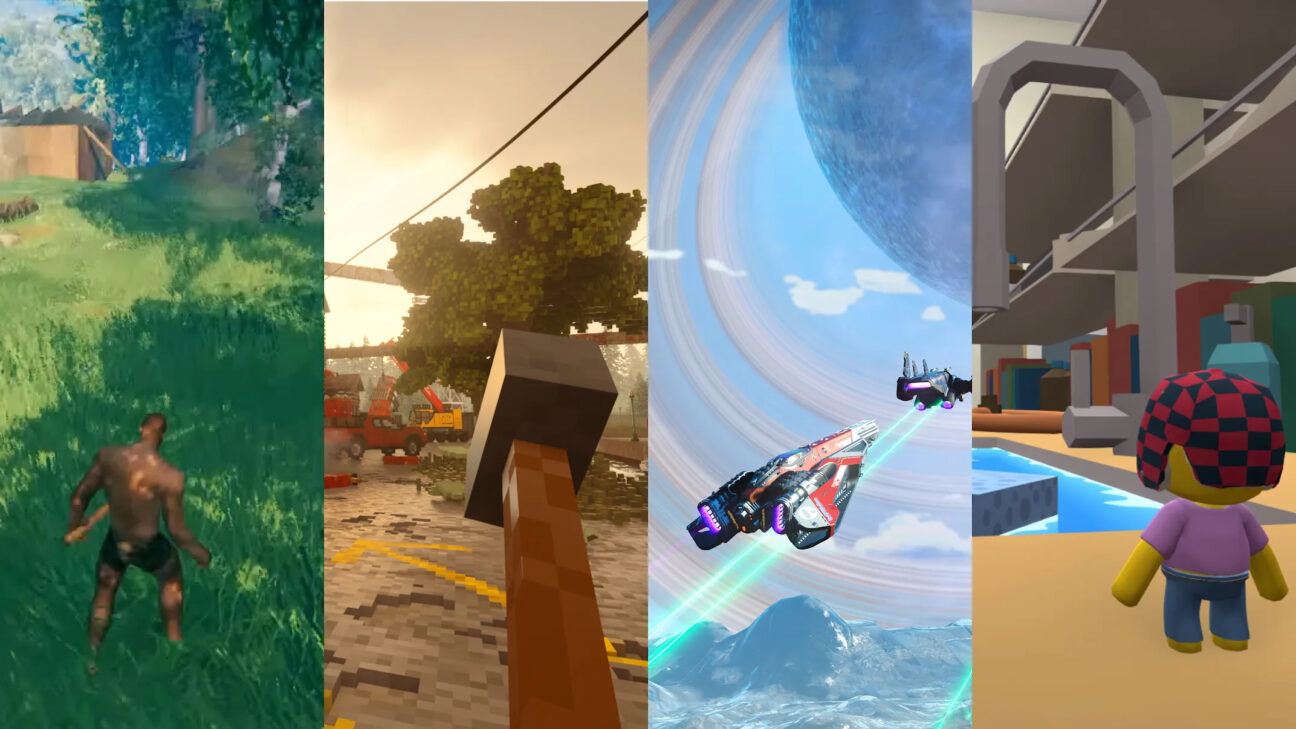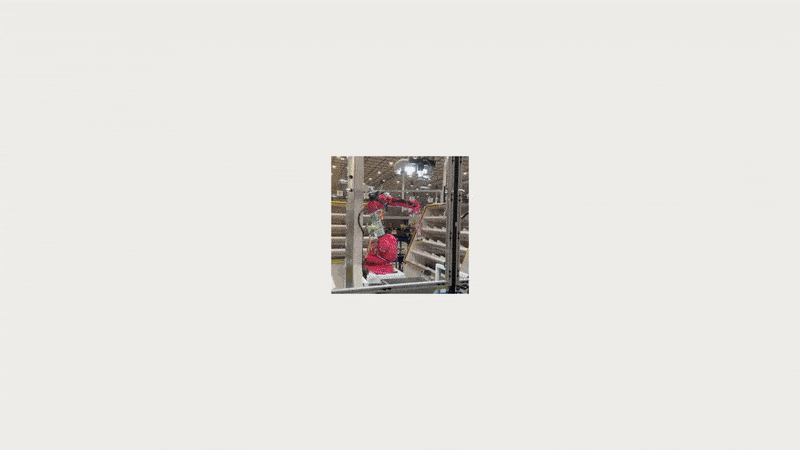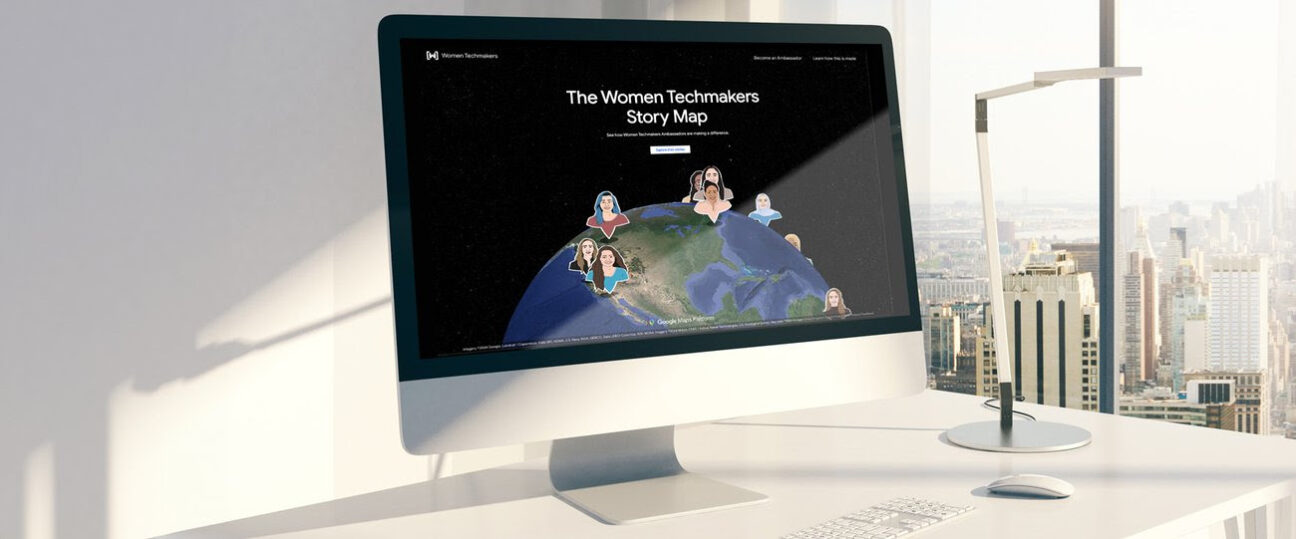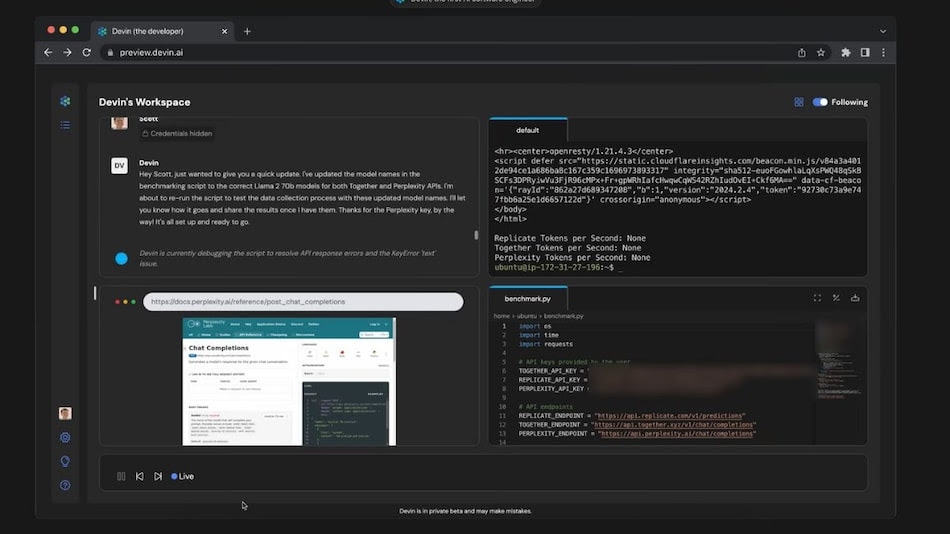Version 33.0

Written & Compiled by Macklin Andrick, GPJ Sr. Creative Technologist
GPJ’s Experience Technology practice is your trusted guide through the latest technological shifts and how they might benefit your next experience. Another week, another opportunity to explore some of the weird and wild things going on in the tech world!
Welcome to your weekly indispensable slice of the latest tech marvels, all packed into one thrilling read. Google’s Women Techmakers are mapping the inspiring stories of tech’s leading ladies and Covariant robotics are set to revolutionize warehouses across the globe. Meanwhile, Cognition introduces us to Devin, the AI software engineer, redefining the boundaries of coding. Grab your coffee and prepare for a journey into the heart of tech’s latest advancements, where every byte is a step into the future.

Midjourney can generate consistent AI characters now
Midjourney has introduced a new feature allowing the generation of consistent characters across multiple images, addressing a common challenge in AI image generation. The feature utilizes a “character reference” tag enabling users to maintain character consistency in terms of facial features, body type, and even clothing across different scenes by linking to a URL of a previously generated character image. Users can adjust the likeness of the new images which determines the level of variance from the original. Despite some limitations and the potential for inexact reproductions, this feature represents a notable progression in the capabilities of generative AI imagery, particularly for storytelling and visual media projects.
OpenAI’s text-to-video generator will be publicly available later this year
OpenAI’s Sora, a text-to-video generator, is set to become publicly available later this year. Initially introduced to a limited audience including visual artists, designers and filmmakers, Sora is designed to create hyperrealistic videos from text prompts and will soon include sound to enhance realism. OpenAI plans to enable users to edit the AI-generated content, addressing the challenge of ensuring accuracy. Despite not disclosing specific details about the training data, Murati confirmed the use of publicly available or licensed data, including content from Shutterstock. With the upcoming release, OpenAI aims to manage the higher operational costs to keep it affordable, akin to its AI text-to-image model, DALL-E. Amid growing concerns over AI-generated misinformation, especially with the approaching presidential election, Sora will likely incorporate restrictions on depicting public figures and feature a watermark to differentiate AI-generated videos from authentic content.


A generalist AI agent for 3D virtual environments
The SIMA Team at Google DeepMind introduced the Scalable Instructable Multiworld Agent (SIMA), a breakthrough AI designed to follow natural-language instructions and perform tasks across various video game environments. This research signifies a shift from AI that excels in specific games to a generalist, instructable agent capable of understanding and interacting within multiple 3D virtual worlds. SIMA was trained in partnership with eight game studios on nine different games, showcasing its ability to generalize skills and follow instructions across diverse settings, from resource mining to spaceship flying. Unlike previous AIs, SIMA operates through simple natural-language instructions and visual inputs, without needing access to a game’s source code, demonstrating a significant step towards creating AI agents that can perform a wide range of real-world tasks through language. This development not only advances the field of AI in gaming but also opens the door to more versatile and helpful AI agents in various environments.
Covariant Announces a Universal AI Platform for Robots
Covariant has unveiled RFM-1, a revolutionary robotics foundation model aimed at providing robots with advanced manipulation capabilities, potentially transforming warehouse operations on a global scale. Originally focusing on warehouse picking, Covariant has amassed extensive real-world data over the years, allowing them to develop RFM-1 with the ambition of enabling robots to perform a variety of tasks across numerous environments. This model, boasting 8 billion parameters, has been trained on millions of trajectories, significantly outpacing similar initiatives by leveraging data from Covariant’s deployed fleet of warehouse robots across 15 countries. RFM-1 is not just about enhancing efficiency in picking and placing items but also about generalizing its application to various robots and objects, thus minimizing the need for task-specific retraining. Furthermore, RFM-1’s incorporation of language data aims to improve interactions between humans and robots. As Covariant plans to expand RFM-1’s capabilities by incorporating more diverse data, the model represents a significant step toward a future where highly versatile robots could be commonplace in various industries, driven by a single, powerful AI platform.


Women Techmakers launch Story Map with Google Maps Platform
Google’s Women Techmakers (WTM) program is harnessing the power of Google Maps Platform to elevate and share the stories of women developers and technologists worldwide. Launching a new interactive storytelling hub, WTM leverages maps to connect personal experiences with physical locations that have played a significant role in the journeys of its members. This initiative utilizes cutting-edge features of the Google Maps Platform, like Photorealistic 3D Tiles and Advanced Markers, to narrate the ambassadors’ stories through the map, offering users a global tour of inspiration and empowerment. The project showcases the achievements of women in technology, such as Ludymila Lobo de Aguiar Gomes from Brazil, who champions women’s voices in tech; Maryam Alhuthayfi from Saudi Arabia, the first female Google Developer Expert in Android in the MENA region; and Bukola Johnson from Germany, who advocates for gender parity in tech. These stories aim to inspire others by highlighting the significance of representation, community, and resources in the tech industry, making the Women Techmakers Story Map a testament to the transformative power of sharing and visibility in fostering a more inclusive technological future.
Introducing Devin, the first AI software engineer
Cognition, an applied AI lab, has introduced Devin, an autonomous AI software engineer that marks a significant advancement in AI’s application within software engineering. Devin is designed to perform a wide range of complex tasks autonomously, such as learning unfamiliar technologies, building and deploying applications, debugging, and fine-tuning AI models. It is equipped with developer tools and can collaborate with humans in real-time. In a noteworthy achievement, Devin significantly outperformed previous models on the SWE-bench coding benchmark by solving 13.86% of issues unassisted, compared to the prior best of 1.96%. The development of Devin aligns with Cognition’s mission to enhance AI’s reasoning capabilities, potentially unlocking new possibilities across various disciplines. This project is supported by significant funding, including a $21 million Series A round led by Founders Fund, showcasing strong industry belief in the transformative potential of AI in software engineering and beyond.

More Cool Stuff We Found
- TikTok prepares to challenge Instagram with ‘TikTok Photos’
- Dodge Focuses On User Experience Technology On Its New Charger
- Stratolaunch launches 1st rocket-powered flight of hypersonic prototype from world’s largest airplane
- AirPods Pro to Gain ‘Hearing Aid Mode’ in iOS 18
- Parkinson’s Drug Reduces Disease Markers in Breakthrough Trial
- Mastering Spatial User Interfaces
- Microlino electric bubble car review: urban delight
- Pokémon GO: Architecture of the #1 AR Game in the World
Missed a Creative Tech Byte? Find all previous versions here.